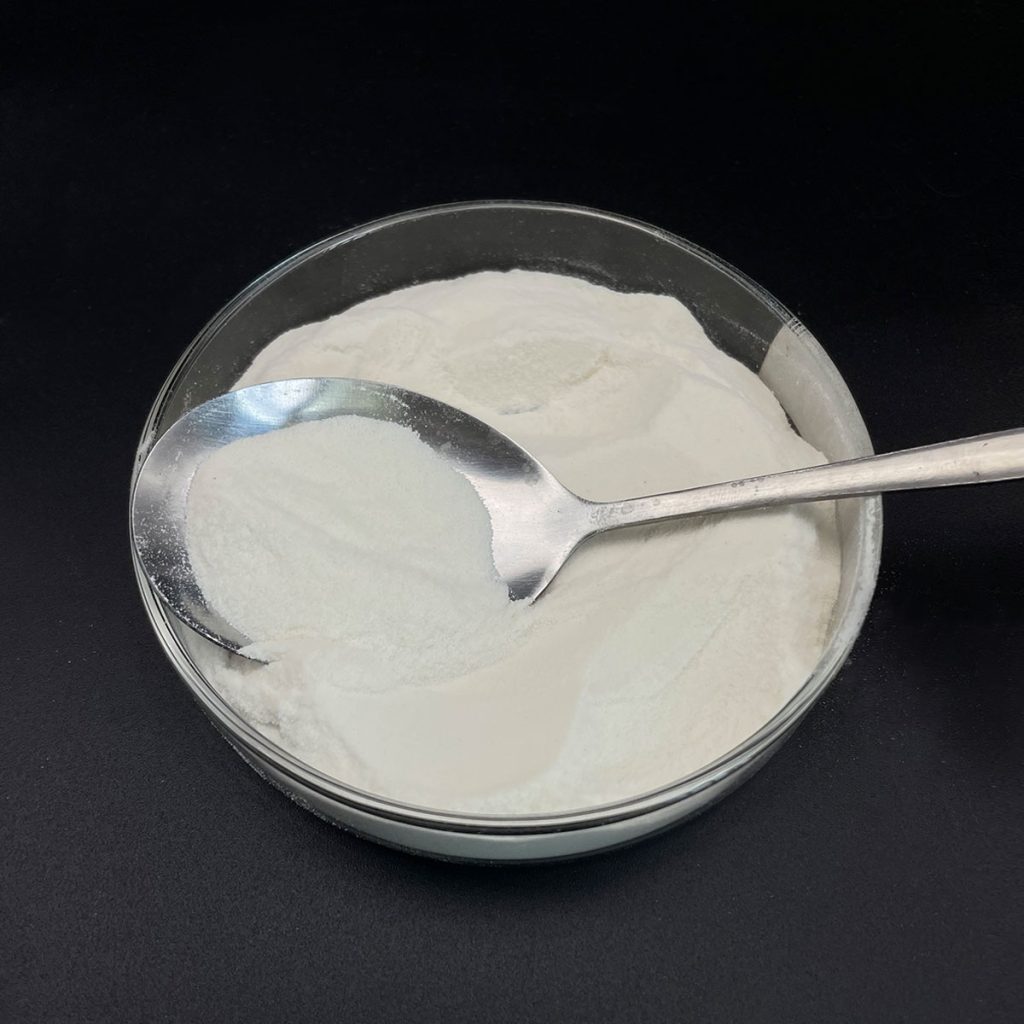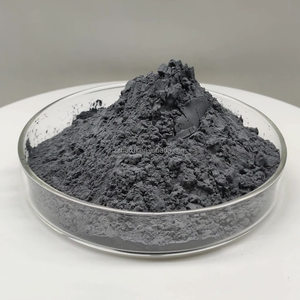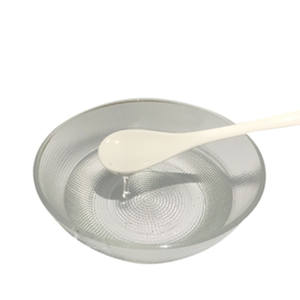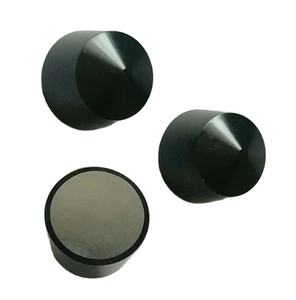Professional and high-quality metal alloys, ceramic products and concrete additives | RBOSCHCO
PRODUCT PARAMETERS
Description
| Tricetylmonium chioride CAS 52467-63-7 Phosphate Properties | |
| Other Names | N/A |
| CAS No. | 52467-63-7 |
| Compound Formula | C49H102ClN |
| Molecular Weight | 740.794 |
| Appearance | NA |
| Melting Point | N/A |
| Boiling Point | N/A |
| Density | N/A |
| Solubility in H2O | N/A |
| Exact Mass | N/A |
| Tricetylmonium chioride CAS 52467-63-7 Health & Safety Information | |
| Signal Word | N/A |
| Hazard Statements | N/A |
| Hazard Codes | N/A |
| Risk Codes | N/A |
| Safety Statements | N/A |
| Transport Information | N/A |
(Tricetylmonium chioride CAS 52467-63-7)
Overview of Tricetylmonium Chloride
Tricetylmonium Chloride, often abbreviated as TCC, is an organic salt with a unique chemical structure. It belongs to the quaternary ammonium compounds, known for their surfactant properties. TCC exhibits excellent solubility in organic solvents, making it valuable in various industrial and scientific applications. Due to its unique chemical properties, TCC finds use in areas such as phase transfer catalysis, surface modification, and more.
Characteristics of Tricetylmonium Chloride
High Solubility: Tricetylmonium Chloride demonstrates high solubility in organic solvents, allowing it to be easily integrated into various formulations.
Surfactant Properties: As a quaternary ammonium compound, TCC possesses surfactant characteristics, which make it useful in modifying surface properties.
Phase Transfer Catalysis: TCC is an effective phase transfer catalyst, facilitating reactions between immiscible species in different phases.
Thermal Stability: It exhibits good thermal stability, maintaining its properties even under elevated temperatures.
Low Toxicity: Compared to other surfactants and catalysts, TCC is generally considered low toxicity, making it safer for use in certain applications.
Application of Tricetylmonium Chloride
Phase Transfer Catalysis: TCC is widely used as a phase transfer catalyst in organic synthesis, facilitating reactions between water-soluble and organic reactants.
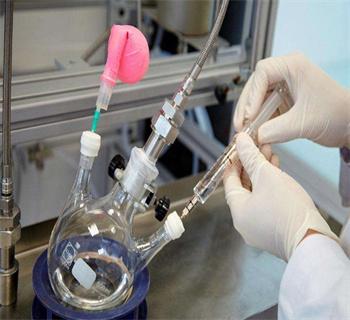
Phase Transfer Catalysis
Surface Modification: Its surfactant properties make it useful in modifying the surface properties of materials, enhancing their wettability and dispersion.

Surface Modification
Cosmetics and Personal Care Products: TCC finds limited use in cosmetics and personal care products as emulsifiers or surfactants, improving product stability and texture.

Cosmetics and Personal Care Products
Oilfield Chemicals: TCC is used as a component of drilling muds and completion fluids in the oil industry, enhancing their performance and stability.

Oilfield Chemicals
Research Applications: Due to its unique chemical properties, TCC is also used in research settings to study surfactant behavior, phase transfer reactions, and other related topics.

Research Applications

Company Profile
NANOTRUN(www.rboschco.com) is a trusted global chemical material supplier & manufacturer with over 12-year-experience in providing super high-quality chemicals and nanomaterials, including boride powder, nitride powder, graphite powder, sulfide powder, 3D printing powder, etc.The company has a professional technical department and Quality Supervision Department, a well-equipped laboratory, and equipped with advanced testing equipment and after-sales customer service center.If you are looking for high-quality Tricetylmonium Chloride, please feel free to contact us or click on the needed products to send an inquiry.
Payment Term
L/C, T/T, Western Union, Paypal, Credit Card etc.

Shipment Term
By sea, by air, by express, as customers request.
FAQQ1:
Is Tricetylmonium Chloride safe to handle?
Re: Tricetylmonium Chloride is generally considered safe to handle when appropriate safety measures are taken. However, wearing protective gloves and eyewear and working in a well-ventilated area is important to minimize the risk of inhalation or skin contact.
Q2:
What are the main uses of Tricetylmonium Chloride?
Re: The main uses of Tricetylmonium Chloride include its application as a phase transfer catalyst in organic synthesis, as a surfactant for surface modification, and in cosmetics and personal care products as an emulsifier or surfactant.
Q3:
Is Tricetylmonium Chloride water-soluble?
Re: No, Tricetylmonium Chloride is not water-soluble. It demonstrates high solubility in organic solvents but is insoluble in water. This property allows it to be effectively used in phase transfer catalysis and surface modification applications.
Q4:
How is Tricetylmonium Chloride produced?
Re: Tricetylmonium Chloride is typically produced through a reaction between cetyl alcohol and hydrochloric acid. This response leads to salt formation, purified and isolated for further use.
Q5:
Are there any environmental concerns associated with Tricetylmonium Chloride?
Re: While Tricetylmonium Chloride is generally considered a low-toxicity compound, improper handling or disposal may pose environmental concerns. It's important to follow proper waste disposal procedures and minimize its release into the environment to mitigate potential risks.

